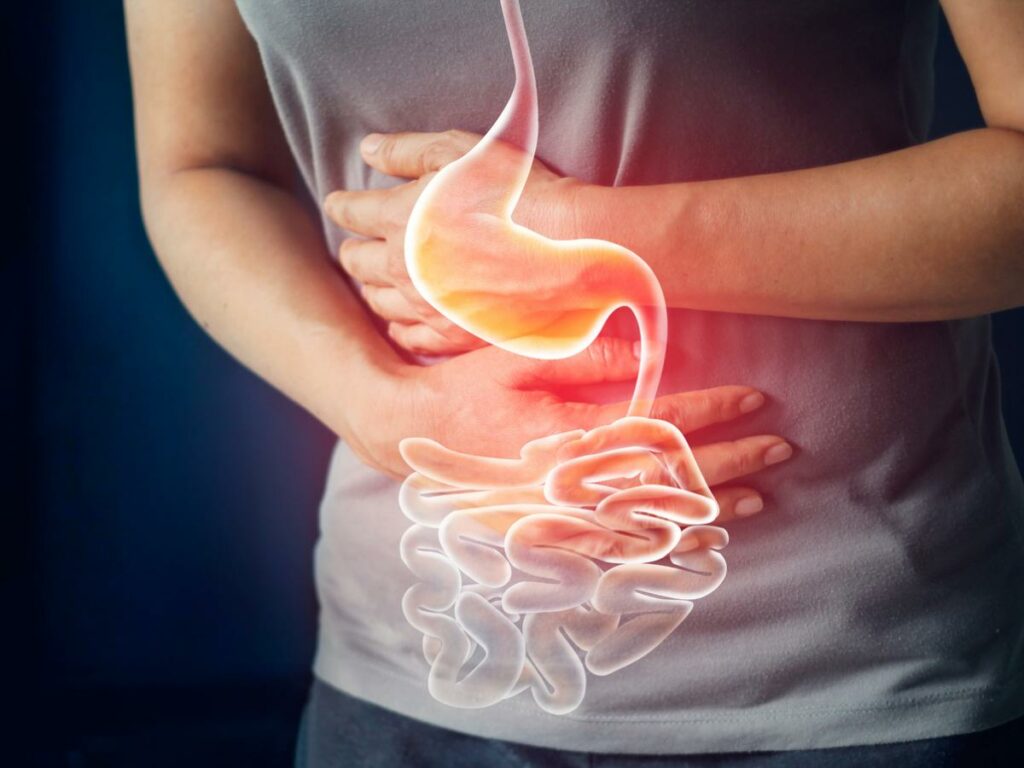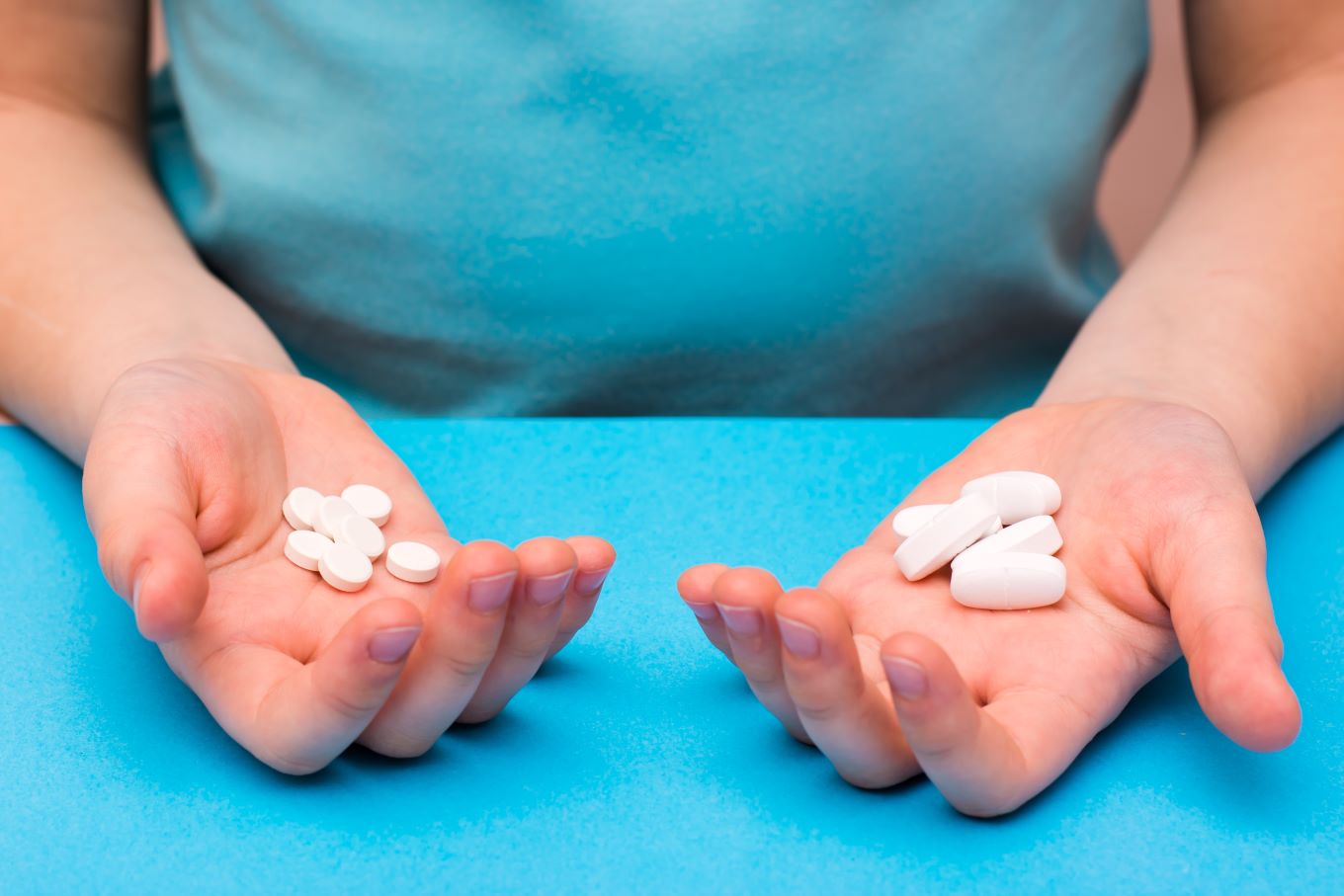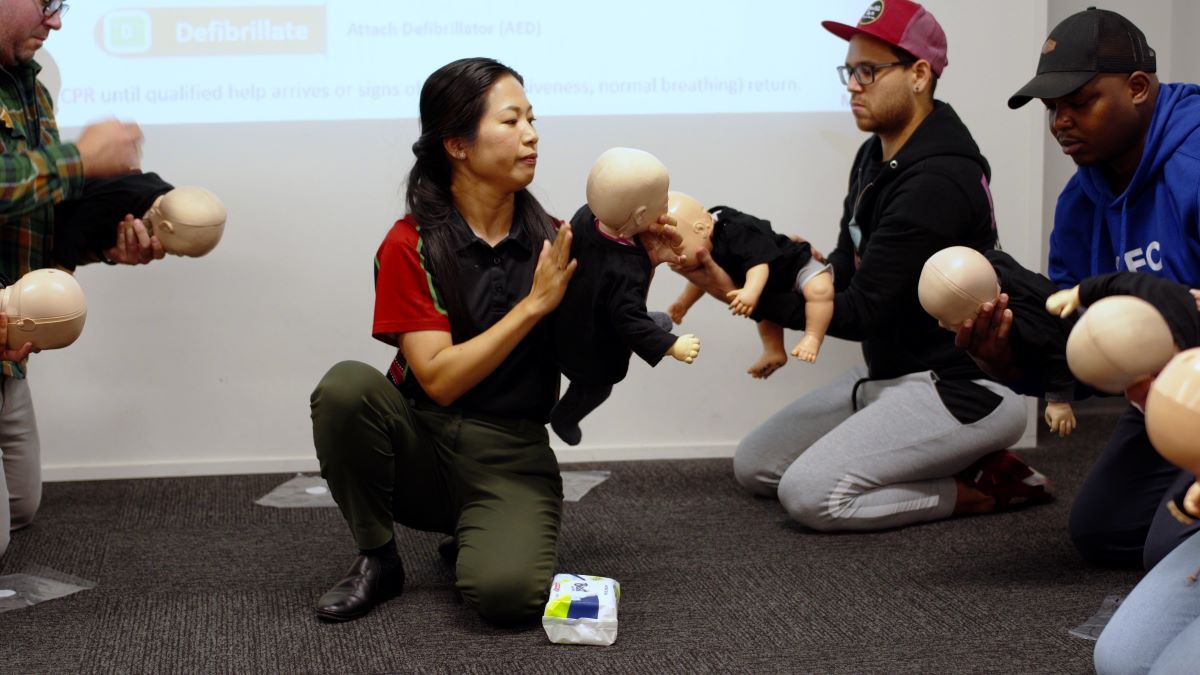Constipation is a common problem in which a person may experience fewer bowel movements than usual. It usually is not a cause for concern, but it may lead to dehydration and other health complications if left untreated.
This article will focus on the causes, treatment, and prevention of constipation.
What is Constipation
Constipation may mean different things to each person. For many, constipation means infrequent passage of stool or feces. For others, it may mean having difficulty passing hard stools or a sense of being incomplete after a trip to the bathroom.
Causes of constipation may vary; hence, there are different approaches for each case. Its symptoms are also alternated with diarrhea, where a person will experience irritable bowel syndrome (IBS).
Constipation affects one in five Australians aged 20-30 years old. It is usually a result of food and lifestyle choices, medications intake, or underlying medical conditions.
Signs of Constipation
Constipation is a change in a person’s bowel movement. This condition is often characterized by having stools that are too hard, too painful, too infrequent or feces you cannot push all out.
Other signs include:
- Pain or cramps in the abdomen area or belly pain
- Fewer bowel movements than usual
- Feeling full or bloated
- Appearance of blood
Severe symptoms can bring adverse effects on quality of life, including physical and mental health.
Constipation Treatment
- Drink plenty of fluids
Drink up to 8 to 10 cups of liquids, preferably water, every day. There are a million reasons to drink water, one of which is to prevent having hard, dry stools. Aim for 2 to 2.5 L of water a day to ensure your system receives proper liquid requirements to function well. Drinking fluids also help break down food in the gut and prevent dehydration.
- Watch what you eat
Design your food choices to contain good natural laxatives to help you move bowels, such as high-fibre foods. Slowly incorporate fibre into your diet without adding too much as over-fibre can cause bloating and gas. Avoid processed and fast foods such as white bread, burgers, potato chips, pastries, and more.
- Exercise regularly
Go for a regular walk, jog, or run. Engaging in any physical activities help stimulate muscles within the intestines and colon. It enables the bowel to move things through smoothly.
- Laxatives, stool softeners, and others
The doctor may prescribe a laxative or stool softener in the form of a pill or liquid. Do not take it if you are experiencing severe stomach pain or vomiting, and do not take it for more than three days without your doctor’s approval. A laxative should start to work in 2 to 3 days.
- Try bowel training
Bowel training or conditioning yourself to release stool at a particular time of the day helps promote healthy regular bowel movement. Make sure to give yourself enough time and use the bathroom as you feel the need to do it.
When to Call the Doctor
A recurrent episode of constipation is a sign to seek a doctor’s help to figure out why it is happening. Some people with chronic and recurrent constipation can develop fecal incontinence or problems with their bowel leakage.
See your doctor if you are also experiencing intense abdominal pain, vomiting, or blood in your stool.
Conclusion
Constipation is a common yet uncomfortable problem to have. Many will experience it from time to time, especially those taking certain medications and unhealthy eating habits.
There are many potential causes, as well as treatment options for this condition. Changing your lifestyle habits or practising the tips above may be all you need to treat occasional constipation.
Take the time to learn about constipation and its appropriate first aid treatment.








